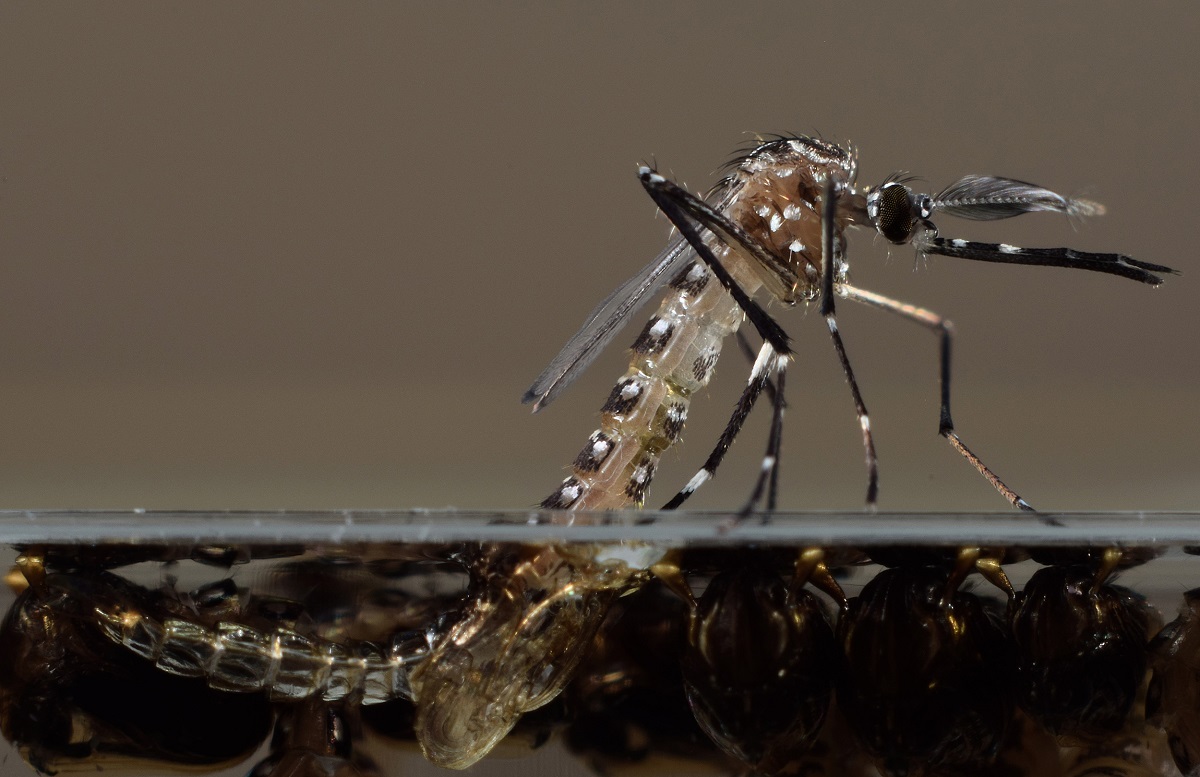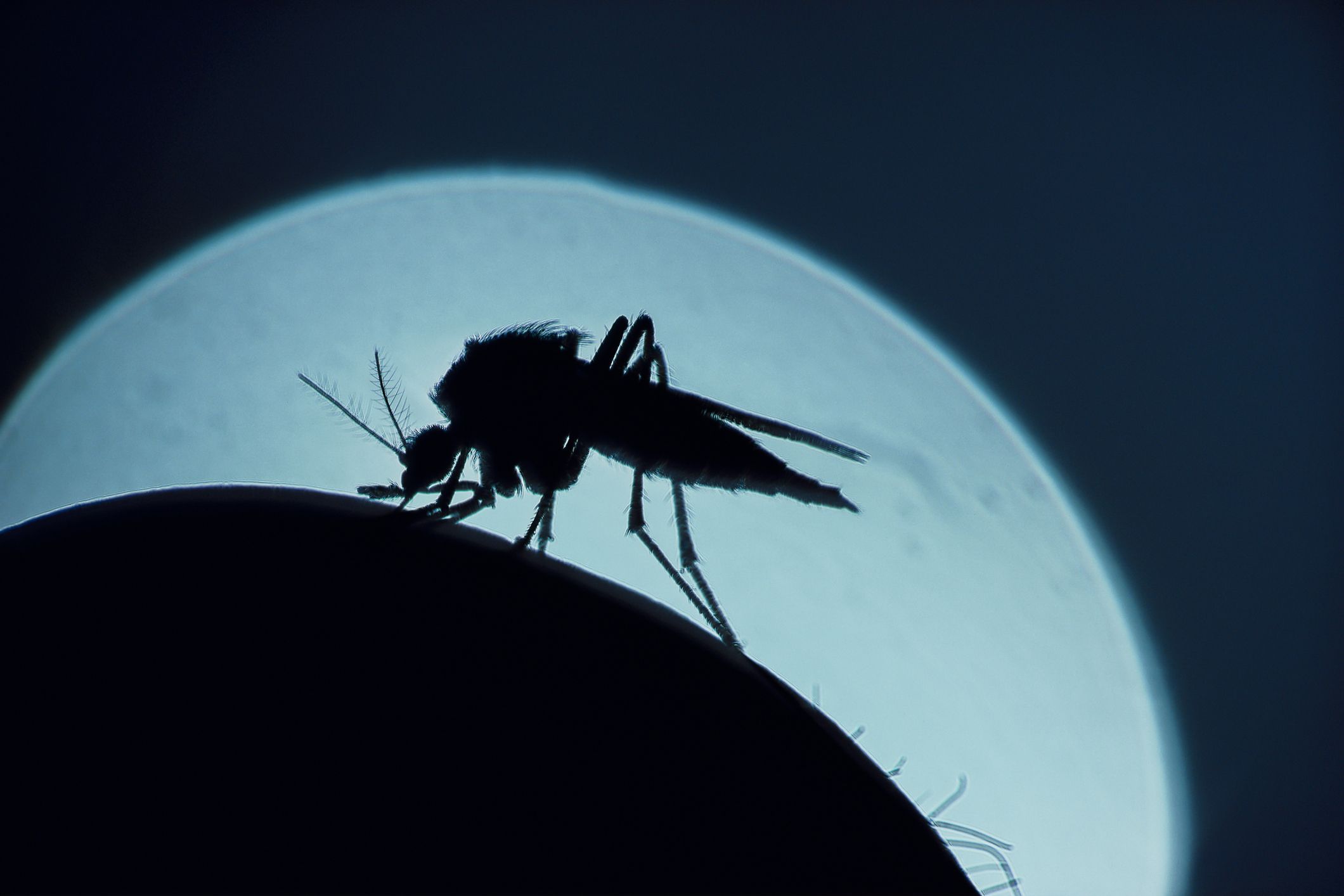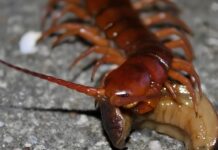
British biotech firm Oxitec announced this week that it has received approval from the U.S. Environmental Protection Agency for its genetically modified mosquitoes to be released in parts of Florida and in California, following the completion of a pilot program last year. The catch is that the project is supported by the U.S. Defense Advanced Research Projects Agency (DARPA).
DARPA
DARPA has been founded in 1958 and is developing hardware and software for the US military. Some of its developments remain hidden, while others even reach the civilian market. When an idea has reached a certain point in its development, DARPA likes to show this publicly. We also have DARPA to thank for the Internet and GPS. But the development of robots and “killer robots” and weaponizable insects and micro-insects are also one of DARPA’s major research areas.
Insects as a biological weapon
In 2018, British publisher The Independent reported that the U.S. military’s plan to spread viruses using insects could create a “new class of biological weapons,” scientists warn.
Dr Guy Reeves, an expert in GM insects at the Max Planck Institute for Evolutionary Biology, said that there has been hardly any debate about the technology and the programme remains largely unknown “even in expert circles”.
He added that despite the stated aims of the programme, it would be far more straightforward using the technology as a biological weapon than for the routine agricultural use suggested by Darpa.

2.4 billion genetically modified Mosquitoes to be released in California & Florida
The male mosquitoes developed by Oxitec—codenamed species OX5034—are derived from Aedes aegypti, a notorious carrier of many diseases, including Zika, dengue, and yellow fever. When these mosquitoes mate with the native females in an area, they’re said to produce female larvae that simply die off before reaching adulthood, thus dooming the population as a whole. And because only female mosquitoes bite and suck blood from humans, the modified insects are thought to pose no danger to people.
Last year, following approval from the EPA and local authorities, Oxitec launched a pilot program to release millions of these mosquitoes in select areas of Florida, in collaboration with the Florida Keys Mosquito Control District. On Wednesday, Oxitec said that the EPA had issued an approval for the Florida program to continue, as well as approval for a new program in California. The EPA’s decision allows for more than 2 billion mosquitoes to be released across the two states.

“Our team is immensely proud to have received yet another milestone approval from the EPA. This expansion of our U.S. efforts reflects the strong partnerships we’ve developed with a large and diverse range of stakeholders at the local, state and national levels,” said Grey Frandsen, CEO of Oxitec, in a statement from the company.
Oxitec’s method is the latest example of what’s known as the sterile insect technique, which has previously been used to eradicate or reduce populations of other harmful pests, such as screw flies. But the program hasn’t come without controversy. Some residents in Florida have long protested the release of the mosquitoes, while some groups have maintained that they could pose unknown environmental or health risks. Others have argued that the EPA and local agencies haven’t done enough to ensure the complete transparency of the project.





